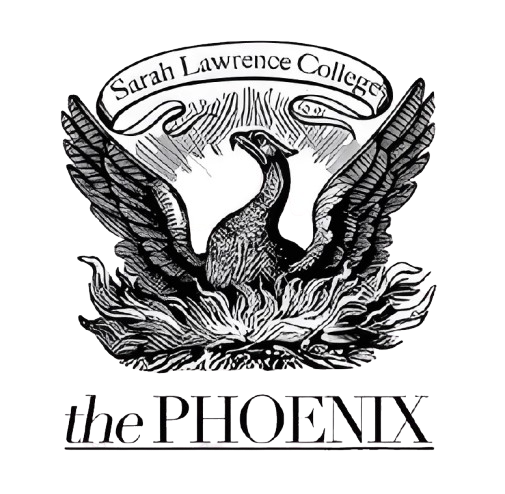Students, Faculty and Staff Come Together to Discuss Racial Climate on Campus
Marek Fuchs, Komozi Woodard, and Rebecca Johnson at the first campus conversation in September. Photo taken by Anthony Magana ‘17.
On the evening of Monday, Oct. 6, a dozen students, faculty and staff sat together in a classroom in Heimbold to discuss issues surrounding race on campus. The conversation, which was the third part in a series put together by the Diversity and Activism Programming Subcommittee (DAPS) of Student Life, focused specifically on racial 'microaggressions', which were defined at the meeting as, "Brief and commonplace daily verbal, behavioral, and environmental indignities, whether intentional or unintentional, that communicate hostile, derogatory or negative racial, gender, sexual orientation and religious slangs and insults to the target person or group."
The dialogue, which was led by Director of Diversity Natalie Gross and Assistant Director of Community Partnerships Jason Beck, included discussions of the different types of microaggressions as well as how specific incidents on campus can be approached. Participants agreed that while Sarah Lawrence has, in theory, come a long way on issues of race and diversity since the founding of the College, these issues are far from being completely resolved. Gross commented on the nature of microaggressions, explaining, “It's still aggression, it's still violent, but in small, subtle forms. The best definition that I've heard for microaggression is [that they're] thousands of paper cuts.”
The first of these campus conversations took place in December 2013, and came out of the work that the student group, Dangers of a Single Narrative, had done during the Fall 2013 semester, primarily their composition of a document outlining the climate on campus regarding race and sexual assault. This document included the assertion that, “The climate is a clear extension of microaggressions on campus, hostile language, and toxic verbal and non-verbal interpersonal exchanges. These exchanges succeed in silencing student voices, stifling student growth, and creating the exact opposite of a deeper education that we value at the College.” According to Gross, the dialogues were, “something that we felt that we could do for the community to further broaden the conversation.”
Three Open Dialogues took place during the '13-'14 academic year, between the end of the fall semester and February. The first meeting focused on concerns surrounding the current climate on campus, which included a lack of discussion about institutionalized racism, a lack of questioning or reflecting on the part of students on how they contribute to the system, microaggressions being passed off as general curiosity, and several others. The second meeting focused on the structures that keep these aspects of the climate in place, and the third focused on solutions. About 45 people attended the first two meetings, while only 25 attended the third.
This first campus conversation held this year took place at the end of September, hosted about 45 students, faculty and staff. The shooting in Ferguson, MO in early August and other examples of police violence throughout the country were a main theme during the discussion. Three faculty members, Marek Fuchs, Komozi Woodard, and Rebecca Johnson, spoke on specific, relevant topics followed by opening up the dialogue more to other attendees. The second conversation, held a few days later, was intended to focus on the personal experiences of participants, but no one attended. At the beginning of the meeting on October 6, only four students were present, but the dialogue began regardless.
While Gross agreed that ideally these meetings would reach a larger part of the campus community, she added that, “they need to be smaller. Having 40 people in a room is fantastic, but to really get people to feel comfortable, and to get people to want to share and to want to come back and feel like they're being heard…I feel like in a smaller group of twelve, fifteen, you are able to have a more meaningful dialogue.” She also added that as the conversations have veered more towards focusing on talking about solutions to these issues, attendance has gone down. “Solutions are harder,” she said, “because you know how you're feeling, you know what the issues are, you know where you're hurting, but you don't always know how to heal that hurt, and how to fix those things."
Elaborating on the importance of these conversations, Gross said, “I think, for me, the reason why dialogue is so important is because it can affect the microagressions, so you can affect the individuals. Me trying to affect the system, and I'm not saying that it can't be done, but it's a lot more of everything: time, work, energy, people, money, influence, and for me, I have to think about where I can start, right now, where I am, and I can start with people.”
The next campus conversation is set to take place on Oct. 27, and will focus on the concept of privilege. Gross continued, “I want people to keep their eyes open that, whether race is a social construct or not, there are very racialized experiences that happen, and that we all play a part in those experiences, and we also play a part in changing what those experiences are like."
by Janaki Chadha '17
News Editor
jchadha@gm.slc.edu

